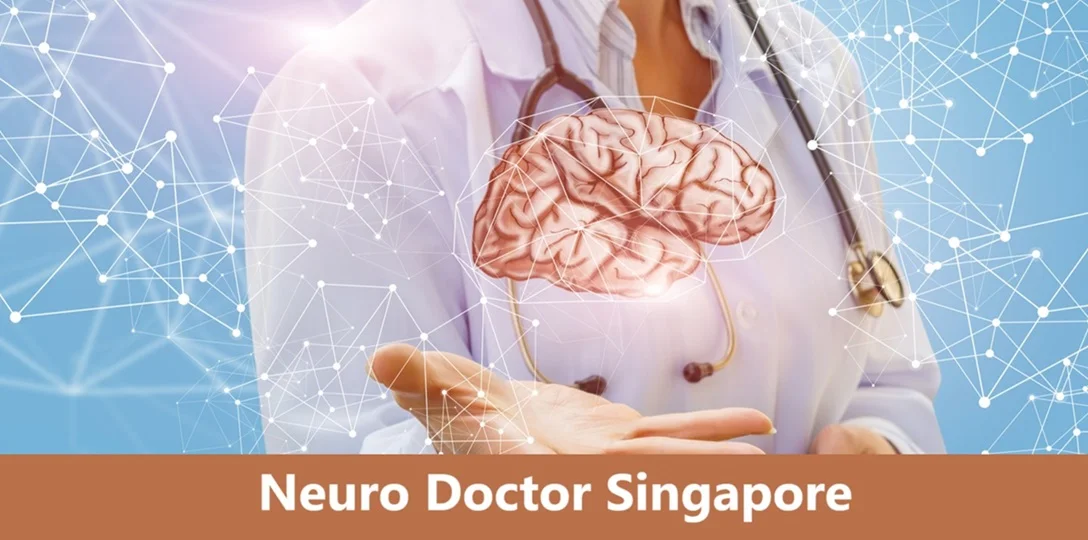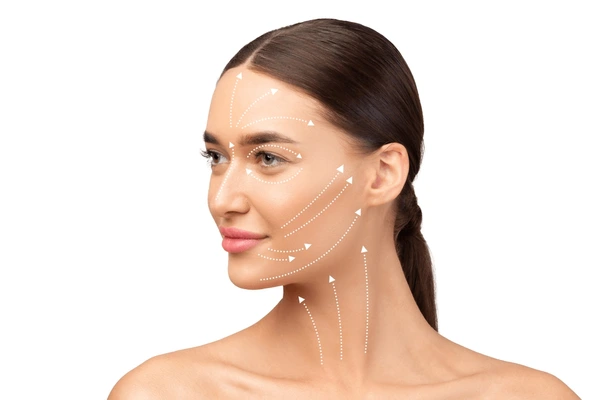
Chronic headaches can severely impact your daily life by putting you in constant discomfort. For long-term relief whether you’re dealing with migraines, tension-type headaches, or unexplained head pain, getting to the root cause and starting the right treatment is recommended.
In Singapore, neuro doctors (neurologists) specialize in diagnosing and treating neurological disorders. Chronic headaches are one of these neurological disorders.
For diagnosis, they use advanced diagnostic methods which also help with personalizing treatment plans. If you’ve been experiencing headaches that won’t go away, a consultation with a neuro doctor in Singapore might be the best next step towards finding relief.
What Causes Chronic Headaches?
Chronic headaches are often multifactorial. This means that various elements contribute to their onset and persistence. Here are some of the most common causes of chronic headaches:
- Migraine and Tension-Type Headaches
Migraines are one of the most common causes of chronic headaches. These headaches often start episodically and can evolve into chronic conditions, where the headaches appear more frequently, sometimes almost daily.
Migraines are believed to result from genetic, environmental, and neurological factors. They often involve changes in brain chemistry, blood flow, and nerve pathways.
Tension-type headaches, on the other hand, are usually linked to muscle strain, poor posture, or stress. They are described as a constant, band-like pressure around the head and are less intense than migraines. However, their chronic nature can still cause significant discomfort.
· Medication Overuse
Medication overuse headaches (MOH) can develop in people who rely heavily on pain relievers. When taken too frequently, drugs like ibuprofen or triptans can lead to a rebound effect.
Here, the medication causes the very headaches it was meant to treat. MOH typically occurs when medications are used more than 10-15 days per month over three months or longer.
· Sleep Disorders
Poor sleep or sleep disorders can also significantly contribute to the development of chronic headaches. Example of sleep disorders often linked to chronic headaches are insomnia and sleep apnea.
Lack of restorative sleep affects the brain’s ability to recover. This is what leads to increased pain sensitivity and a higher likelihood of experiencing frequent headaches.
· Stress and Anxiety
Chronic stress can cause prolonged muscle tension in the head, neck, and shoulders. This prolonged tension can trigger tension-type headaches.
Emotional stress can also act as a trigger for migraines. Long-term exposure to stressors leads to a buildup of tension, which contributes to chronic headache conditions.
· Underlying Health Issues
Certain neurological or systemic conditions can also cause chronic headaches. Key culprits include sinus infections, hypertension, or even brain tumors.
That said, it’s essential to consult a qualified medical professional to rule out any underlying medical issues that could be contributing to your headache patterns. They will carefully assess your symptoms and patterns to get to the root cause of the issues before recommending treatments.
What is the Diagnostic Criteria for Chronic Headaches?
Proper diagnosis of chronic headaches focuses on identifying the type, frequency, and potential causes of your headaches. Chronic daily headaches (CDH) are characterized by headaches that occur at least 15 days per month for more than three months. They can be classified into four major types:
- Chronic Migraine: Chronic migraines often begin as episodic attacks but become more frequent over time. To diagnose chronic migraine, the patient must experience headaches for at least 15 days per month, with migraine-like symptoms (e.g., nausea, light sensitivity, or aura) present on at least eight of those days for more than three months.
- Chronic Tension-Type Headaches (CTTH): These headaches involve constant, mild-to-moderate pain, often described as a tightening band around the head. While they aren’t as disabling as migraines, they still affect the quality of life due to their persistent nature. CTTH is diagnosed if the headaches occur for at least 15 days per month over three consecutive months.
- Medication Overuse Headaches (MOH): MOH results from the excessive use of headache medications, such as analgesics or triptans. A diagnosis is made when medication use exceeds 10-15 days per month for three months, worsening the headache frequency or intensity.
- Hemicrania Continua: This rare form of chronic headache is characterized by continuous, one-sided pain without any pain-free intervals. Hemicrania continua responds exceptionally well to the medication indomethacin, and daily headaches are a key diagnostic feature.
To establish a diagnosis, your neuro doctor in Singapore will typically rely on a comprehensive headache history, self-reports, and the exclusion of secondary causes like tumors or infections through imaging tests such as MRI or CT scans. The aim of the diagnostic process will be to differentiate between primary headaches (e.g., migraines) and those caused by other health issues.
How to Treat Chronic Headaches?
Treating chronic headaches often require a combination of acute pain relief and preventive care. A good neuro doctor in Singapore will tailor treatment for you based on the severity, frequency, and type of headaches you’re experiencing.
- Acute Pain Relief: For immediate headache relief, your doctor may prescribe medications like triptans (e.g., sumatriptan) for migraines or over-the-counter options such as ibuprofen or acetaminophen for tension-type headaches. These medications help stop headaches as they occur by blocking pain pathways in the brain. In more severe cases, stronger drugs like dihydroergotamine or gepants (e.g., ubrogepant, rimegepant) may be prescribed for rapid relief.
- Preventive Treatments: If you experience frequent or debilitating headaches, you may require preventive medications taken daily to reduce their frequency and severity. Common options include:
- Beta Blockers (e.g., propranolol): These medications can help prevent migraines by affecting blood flow and reducing nerve excitability.
- Antidepressants (e.g., amitriptyline): These can help manage tension-type headaches and prevent migraines by balancing brain chemicals involved in pain pathways.
- Anti-Seizure Medications (e.g., topiramate): These are often used to reduce the frequency of chronic migraines.
- Lifestyle Adjustments: Managing stress, improving sleep quality, and identifying headache triggers (e.g., certain foods, caffeine, or environmental factors) can be crucial for long-term headache management. Regular physical activity, relaxation techniques, and maintaining a healthy diet are also recommended.
- Alternative Therapies: For chronic cases resistant to medication, non-drug treatments like nerve stimulation therapy or Botox injections may be recommended. These therapies have shown promise in reducing headache frequency and severity, particularly in migraine sufferers.
Closing Thoughts
If your headaches are becoming frequent, severe, or resistant to over-the-counter medications, it could be time to see a neuro doctor in Singapore. You should also consult a neurologist if you notice any unusual symptoms like weakness, vision changes, or confusion accompanying your headaches.
A neuro doctor can help identify the underlying cause and recommend tailored treatments based on your condition. Early intervention is usually key to preventing chronic headaches from affecting your quality of life.
Don’t let chronic headaches control your life. Book a consultation with a neuro doctor in Singapore today and find relief tailored to your needs. See details below;
CHOU Neurosurgery Clinic (Farrer Park) – Brain & Spine Specialist Singapore
1 Farrer Park Station Rd, #08-06, Singapore 217562
+65 6694 7942






